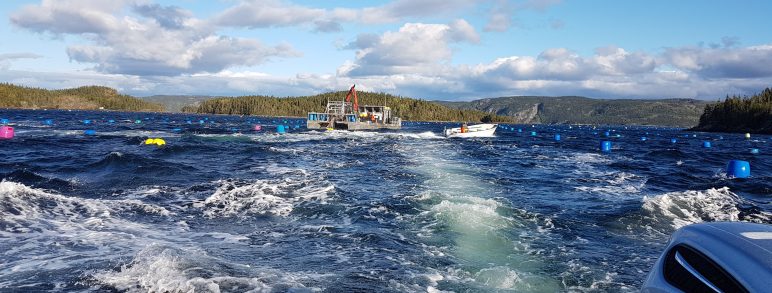The idea that the ocean represents a new ‘frontier’ for economic growth and development is back on the agenda of academics and policy makers. The ‘ocean as frontier’ concept is, for instance, key to prominent global initiatives such as the blue economy and blue growth that promise to deliver food, jobs and a source of livelihood to a growing global population. Not surprisingly, aquaculture plays a central role in ocean frontier discourse and policy. Aquaculture production in these discourses is positioned to make up the shortfall of fish as food from wild capture sources, it will address global food insecurity, and it will provide much needed jobs in remote coastal areas.
In this theme we are interested in critically assessing the concept of frontier in relation to aquaculture. We do so by engaging with an ‘emerging literature’ on resource frontiers. In this writing, resource frontiers are understood as relational zones of economy, nature and society. These are dynamic spaces that disrupt existing institutional orders and involve the imposition of new property regimes and new forms of commodification and resource exploitation. Given these transformations, resource frontiers are frequently sites of economic and political struggles over space and access to resources. Research on resource frontiers provides an interesting and potentially productive way of thinking about Canadian aquaculture as a resource frontier.
